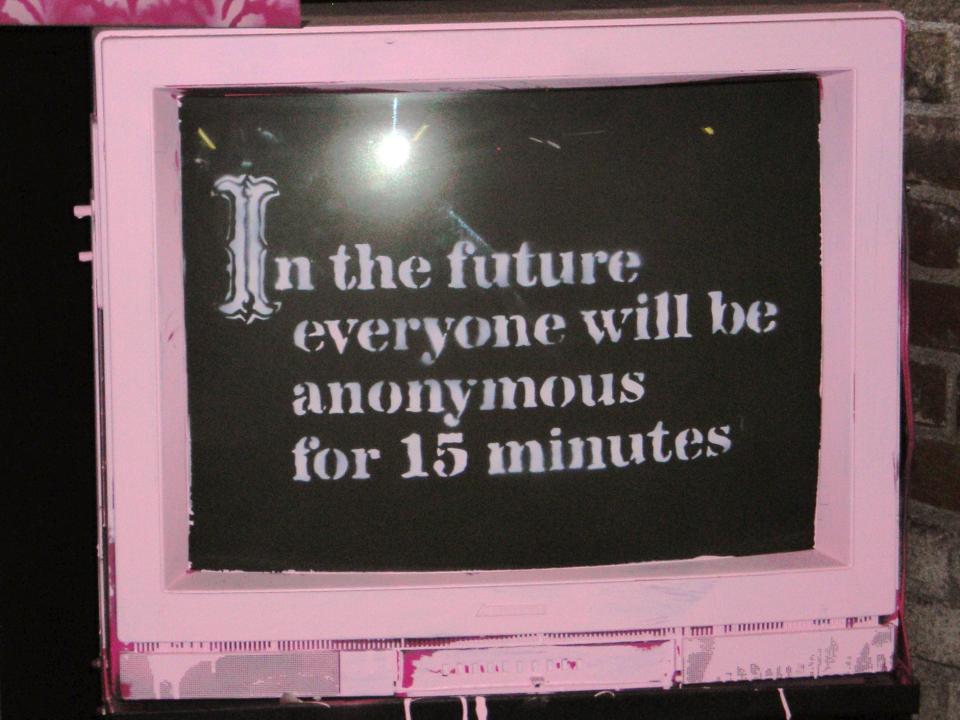
Online and offline anonymity is a way to make political resistance in a conservative democracy.
The internet is all about the future and the next big thing and gosh, I’m so bored of that. Let’s talk about the past in order to understand the internet of the present and its fight over rights.
:::
Imagine that we’re back in Chile in 1989, and we’re about six months away from finally defeating the Agusto Pinochet dictatorship. Well, six months before the hand over power, the Pinochet government decided to reform the legal framework to preserve its conservative and neoliberal legacy onto the next generations: for example, in those months legislation was enacted to universally outlaw abortion.
Therapeutic abortion was allowed in Chile up until 1989, including the 17 years of Pinochet. But thanks to the legal reform, in this new democracy any type of abortion would be under clandestinity.
Today, 25 years and six democratic governments later, the right of every woman to have a safe abortion is still prohibited: one of the few ways to have an abortion in Chile is through anonymity. The only way to help women have an abortion in Chile is by being anonymous.
:::
Months ago, a colleague and I had lined up a couple of interviews with a Chilean lesbian group called “Aborto Libre” or “Free abortion” (in English). They have a telephone hotline, a webpage, a mailing list and a Facebook profile that provides information about abortion to women in Chile.
We spoke for a while about anonymity and privacy within their communications. Aborto libre suspects that its communications are prone to being intercepted and they wanted to know more about how to protect their electronic forms of communications.
Two things had caught my attention in those enlightening conversations:
1. They receive attacks on the internet every day, a lot of them are from anonymous people. I felt heartbroken to see the naturalization that these women made about those attacks, changing their behaviour on the web, for example, closing the comments on their webpage. For some reason, I remembered the street harassment that women received in places like Mexico City, Guatemala City or Lima and how women have to change their routes in the cities to avoid harassment.
2. Anonymity is important for them to preserve their safety as activists, but also for the safety of women and men that are looking for information about abortion on internet. Aborto libre respects anonymity on the net is a social and political gesture: online and offline anonymity is a way to make political resistance in a conservative democracy.
:::
So when I read and heard about how women and gender groups are supposedly attacking the free and open internet and those kind of generalizations: I see red.
More knowledge about the historical role of gender and women groups is needed in the discussions around internet rights. The Latin American women movements is starting to understand that anonymity is a vital tool for political dissent.
Let me clarify this: online anonymity is fundamental for women and gender movements, anonymity has been for the development of our sexual and reproductive rights.
Image by lance robotson user under Creative Commons license.
- 7822 views






Add new comment